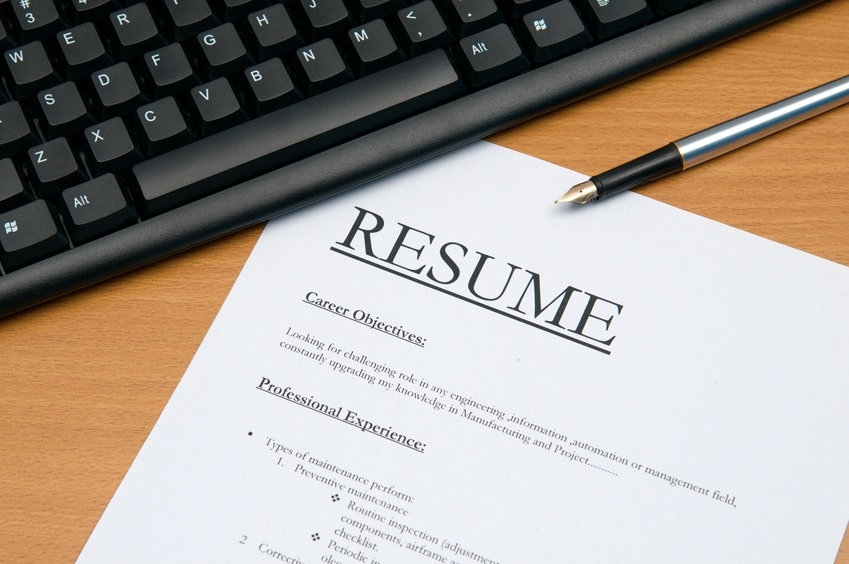Yedavalli: Don’t do activities to fill out your resume
Shelby Kramer/Iowa State Daily
Update your resume over Winter Break.
July 30, 2018
In an era of competitive college admissions and job markets, it has become increasingly important to stand out in the sea of applicants vying for the same spot as you. Some common ways of achieving this are through going on essay-ready vacations for college essays or applying for a job solely to show it off on a resume.
Unfortunately, many people nowadays take on activities, leadership roles and experiences just to have another line on their resume. Instead, we must seek out these experiences to make an impact and develop as individuals.
Ivy League applicants are common victims of this phenomenon.
For example, Harvard accepts a mere 5 percent of applicants. The reason that number is so low is the astronomical standards they have for their selections. Five extracurriculars is a lot for a student to participate in fully, but they often find that’s not nearly enough to gain entry on the top schools.
When the most worthy students make it into these schools, they realize that the reality there is very different. William Deresiewicz, a professor at Yale University, reveals that many of these students find themselves lost at college in an essay titled “Don’t Send Your Kid to the Ivy League.”
“Our system of elite education manufactures young people who are smart and talented and driven, yes, but also anxious, timid, and lost, with little intellectual curiosity and a stunted sense of purpose. . . great at what they’re doing but with no idea why they’re doing it,” Deresiewicz states.
A common misconception is that we live in a culture of meritocracy. The most qualified individuals should be getting into the best schools and taking the more critical job roles, right?
However, socio-economic factors play a significant role. Undoubtedly, students from higher income families have access to greater application building opportunities. Access to quality schools, tutors, coaches, facilities and even essay-ready service vacations all drastically increase a student’s chances of entry.
To add to the misconception of meritocracy, there is a group that has sued Harvard University for patterns of discrimination against Asian-Americans. They claim that Harvard is capping Asian-American admission numbers, penalizing their high achievement as a group and showing bias toward other ethnic minorities.
Harvard’s tentative defense is that the rejected students scored lower on their ratings of personality traits. While these are intangible factors that can’t be reliably captured in any statistical analysis, it does raise an important point. A resume is not the only thing that matters in an application.
Personality development mostly happens outside the classroom and workplace. Extracurricular activities will give you however much you put into them. Rather than a line on the resume, these clubs give you the chance to network, gain leadership experience and make an impact on the community.
Iowa State has over 850 student organizations, so there’s something for everyone. When you invest in these clubs and pursue leadership roles, you can leave the club in better shape than when you joined. That’s more important for an employer to see.
I grew up participating in almost every sport. The one I connected with the most is tennis, which I have been playing avidly for a while now, and I extended my passion past my interest and started coaching younger players looking to get involved with the sport. It is indeed a fantastic feeling to pay it forward and inspire the next generation with whatever your passion is.
I encourage all Cyclones to try a new club at school this year, whether it’s trying out ultimate or joining a book club. It is also possible to start a club to spread your interests and passion around campus. Just make sure you aren’t doing it to put it on the resume.







